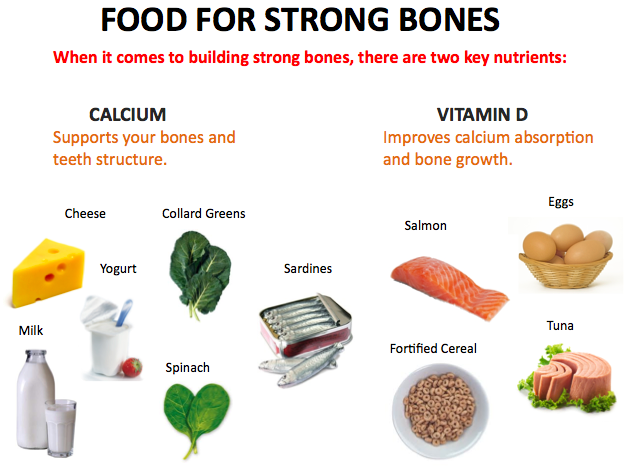Skin
Don't smoke. Smoking makes your skin look older and contributes to wrinkles. Smoking narrows the tiny blood vessels in the outermost layers of skin, which decreases blood flow. This depletes the skin of oxygen and nutrients that are important to skin health.
Bones
Pay attention to vitamin D. Your body needs vitamin D to absorb calcium. Good sources of vitamin D include oily fish, such as tuna and sardines, egg yolks, and fortified milk. Sunlight also contributes to the body's production of vitamin D.
Muscles
Brain
Become a Social Butterfly. Staying close with friends and family and being involved in social activities and social situations can greatly contribute to a long life of strong cognitive health. Keeping your brain active through conversation can make an enormous difference as you age.
Liver
Avoid alcohol. Even small quantities of alcohol if consumed regularly can burden your liver. The liver is responsible for detoxifying alcohol so having complete breaks regularly from alcoholic drinks helps your liver.
--------------------------------------------------------------------------------------------------------------------------
Exercise C
Circulation
The continuous movement of blood through the heart and blood vessels, maintained chiefly by the action of the heart.

Joints
A point of articulation between two or more bones, especially such a connection that allows motion.
Kidneys
Either of a pair of bean-shaped organs in the back part of the abdominal cavity that form and excrete urine, regulate fluid and electrolyte balance, and act as endocrine glands.
Lungs
Either of the two saclike respiratory organs in the thorax of humans and the higher vertebrates.
Sinuses
Any of various cavities, recesses, or passages, as a hollow in a bone, or a reservoir or channel for venous blood.








No comments:
Post a Comment